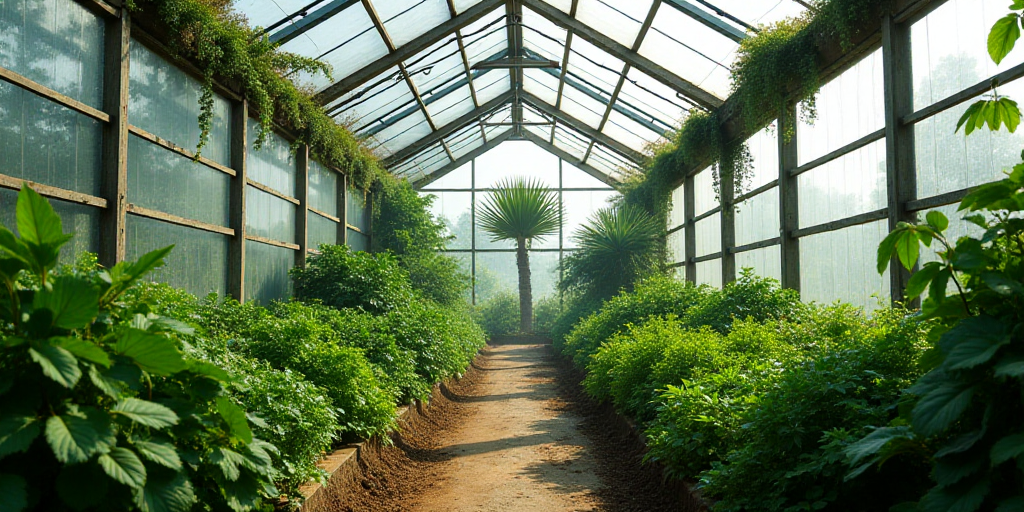Introduction
Israel, a small nation with a desert climate and limited water resources, has become a global leader in water conservation. With a population of 10 million people and insufficient natural water sources, Israelis have had to rely on innovative technology to meet their agricultural, industrial, and domestic water needs.
Historical Context
When Israel’s modern population established itself in 1948, natural water resources were abundant enough. However, with a growing population and limited water sources, the Israeli government decided to invest in water recycling technologies. This decision has led to remarkable advancements, with Israel now recirculating approximately 80% of its water, a feat unmatched by any other country.
Agricultural Innovations
Israel’s agricultural sector has been at the forefront of water conservation efforts. The country has successfully implemented drip irrigation technology, which significantly reduces water usage while maintaining high crop yields. This method has allowed Israel to become a major exporter of various crops, including avocados.
Drip Irrigation Technology
Drip irrigation, pioneered by Netafim, a leading Israeli company, delivers water directly to plant roots through perforated tubes. This targeted approach minimizes water waste and maximizes efficiency, saving up to 50% of traditional irrigation water usage.
The technology originated in the Kibbutz Hatzerim, where farmers sought to conserve water while growing crops in a hot and arid environment. By creating an internal labyrinth within the tubing system, they ensured even water distribution and prevented excessive evaporation. Today, 95% of Israeli farmers utilize drip irrigation, transforming the country’s agricultural sector into a model of sustainability.
Fertigation and Increased Yields
Beyond water conservation, drip irrigation enables farmers to apply fertilizers directly to plant roots through the same system. This practice, known as fertigation, enhances crop growth and productivity, resulting in double or even triple harvests per year.
Water Desalination and Recycling
To further address water scarcity, Israel has invested heavily in desalination plants that convert seawater into freshwater. These facilities produce around 100 million cubic meters of water annually, ensuring a reliable and sustainable water supply for the nation.
Key Questions and Answers
- What is drip irrigation? Drip irrigation is a water-saving technology that delivers water directly to plant roots through perforated tubes, minimizing waste and maximizing efficiency.
- How does drip irrigation benefit Israeli agriculture? Drip irrigation has allowed Israel to conserve water, increase crop yields, and export agricultural products like avocados to Europe.
- What role does water recycling play in Israel’s water management? Water recycling is crucial to Israel’s water conservation efforts, with approximately 80% of the nation’s water being recirculated through various industries, agriculture, and households.
- How does desalination contribute to Israel’s water security? Desalination plants convert seawater into freshwater, providing a reliable and sustainable water source for Israel’s growing population and industries.






